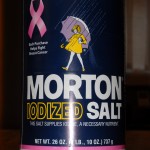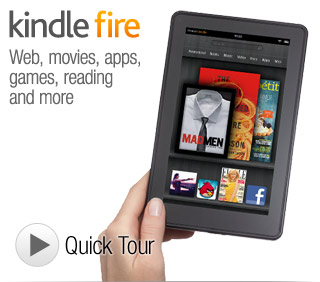As I was getting out the Morton Salt container I noticed something on the label I hadn’t noticed before.
Join. Share. Connect. Find us at Facebook.com/Morton Salt
Mind you, I love salt. Call me a huge salt fan, in fact. An early adopter: Fleur de sel, Himalayan, you name it. We have five kinds of salt at home right now. I’ve given salt as a gift as recently as this week. Having low blood pressure makes me happy, so I can enjoy salt without guilt.
But I don’t want to befriend it, Like it on Facebook or follow it on Twitter.
The persistent Meatball Sundae
Five years ago, Seth Godin published a book about the disconnect between old and new marketing. The title, Meatball Sundae, comes from the idea of slapping all the fun, new tactical goodies of marketing (like social media) on top of basic products that may still be profitable but don’t attract word-of-mouth (like salt). Each is fine by itself, but not together.
Five years later, this is truer than ever. We know more—and we should know better.
Over at the Morton’s Salt Facebook page, they’re promoting Safe-T-Pet Ice Melt, offering a $1 donation to the ASPCA for every Like. Over 35,000 animal lovers have dutifully complied. Are these folk breathlessly waiting for brand updates via RSS? Um, no.
There’s a poll on the right way to eat corn-on-the-cob—flanked by a picture of Safe-T-Pet Ice Melt. Yum!
My Morton’s Iodized container sports the ubiquitous pink ribbon and features info about donating to breast cancer research. No mention of this on FB, or even on their website. Of course salt lasts forever, so this promotion may have been done years ago. Hence the generic invitation to visit Facebook, most likely.
On the Morton Salt website, the Community Outreach links include a short, slightly odd list ranging from the Kiwanis to United Way and UNICEF. Nary a one to stir the pulse here. Good, solid, salt-of-the-earth stuff, sure. But buzz fodder?
Pillow talk for brands
When Samuel Johnson, the famed 18th century British man of letters, was on his deathbed, a visiting friend was trying to help him be comfortable. The friend kept adjusting Johnson’s pillow. Johnson thanked him, saying: “That will do—all that a pillow can do.”
Where would we be without pillows? Or Morton Salt? Life would be less comfy and tasty, for sure. But a brand, like a pillow, has both a function and limits. Respecting these limits is to respect your audience. That’s the starting point of real marketing, and the beginning of wisdom.







